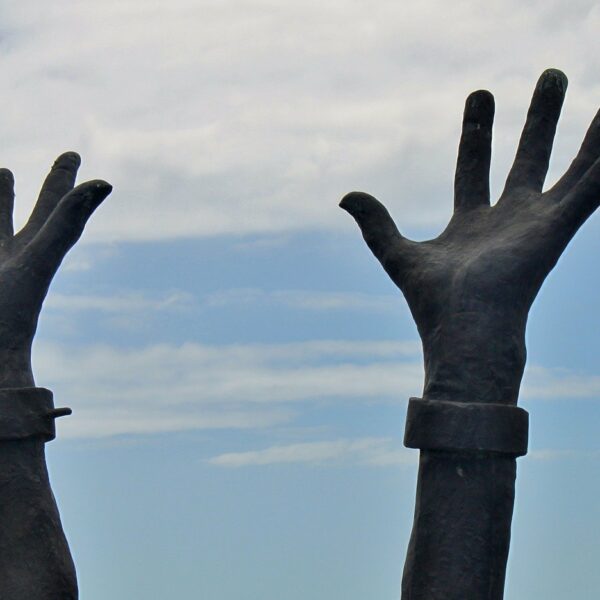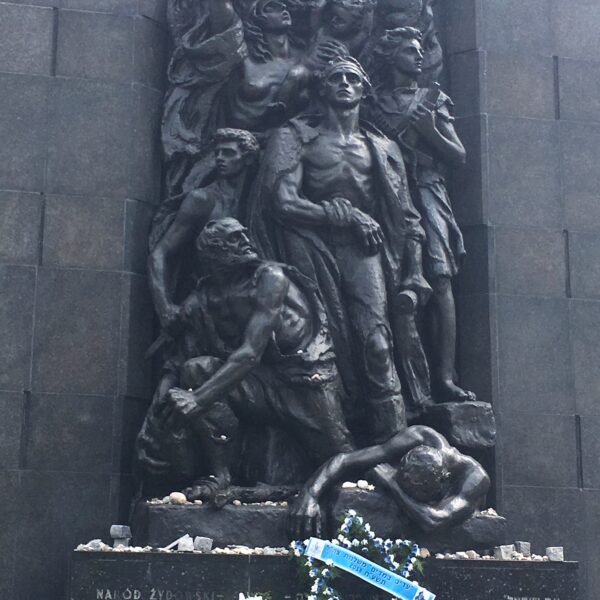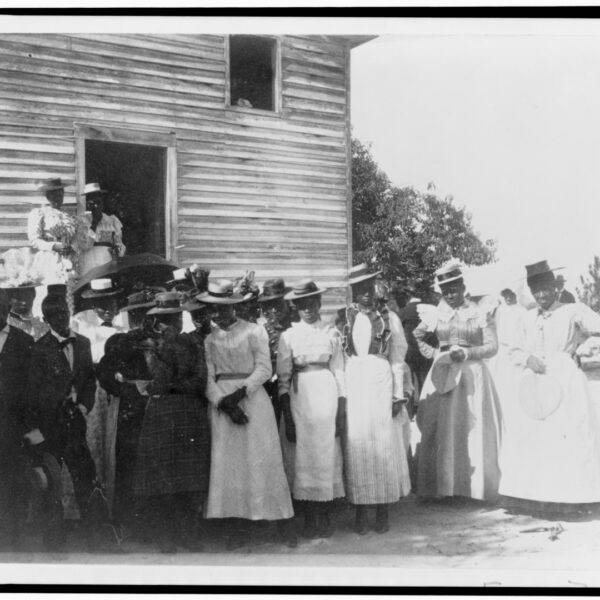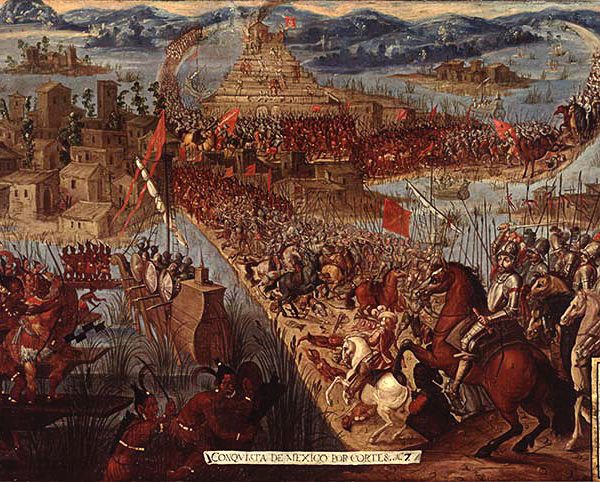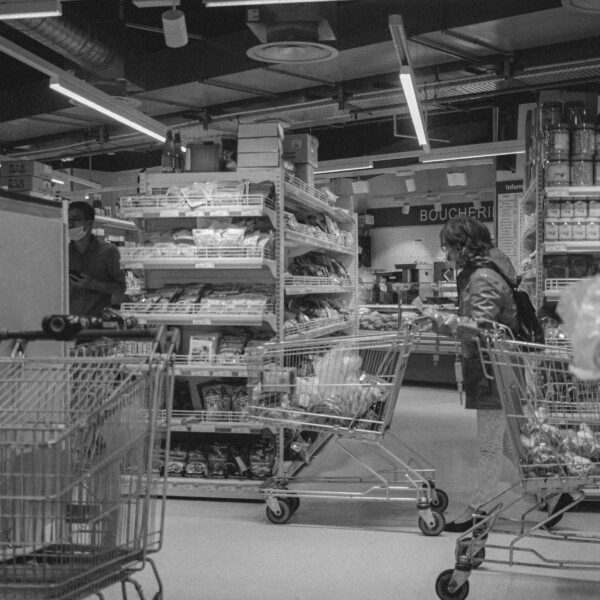
This Christmas season, what might it mean to live into the promise of hope fulfilled, when our pandemic experience means that hope strains against lost lives and lost livelihoods? Perhaps it involves visioning a redemption—one built on the social and economic implications of Jeremiah’s vision of those redeemed.
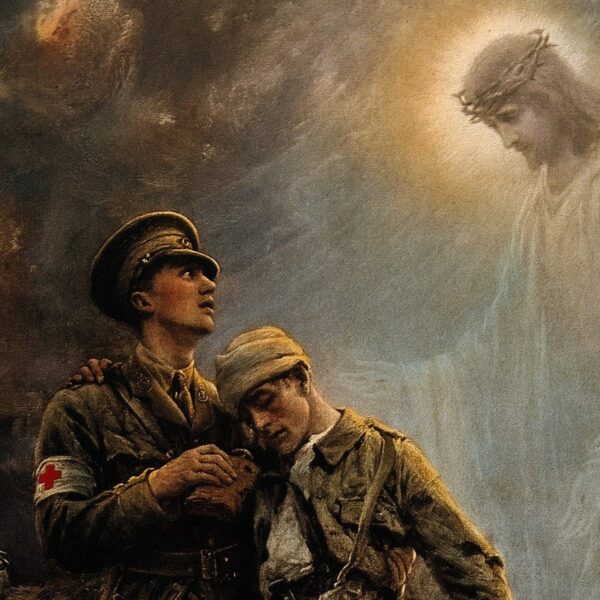
As a White interpreter who has been examining the phenomenon of whiteness in biblical interpretation, both popular and academic, for nearly a decade now, I want to know just what whiteness looks like.
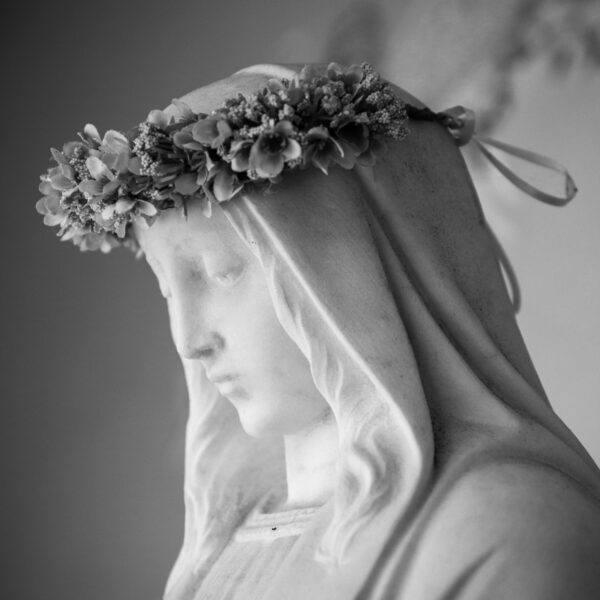
The Magnificat is a song that disrupts both gender and hierarchical spaces. It is a song of anticipation and a song of realization. And as we meditate on this song during advent, we meditate on the nature of advent that is both a time of anticipation and realization. Advent is an ambiguous space that invites us to anticipate and realize the erasure of differences here and now.

The Gospel of Mark’s beguiling beginning bids us to consider the dangers of beginnings. John the Baptist’s heralding of Jesus’s coming was not the finality of salvation, but merely a herald to its coming. In this light should we consider our works of bringing God’s salvation and liberation to the world. The work of justice and liberation is long and hard, and many of us will be called to herald it, to lay the groundwork for its eventual manifestation.
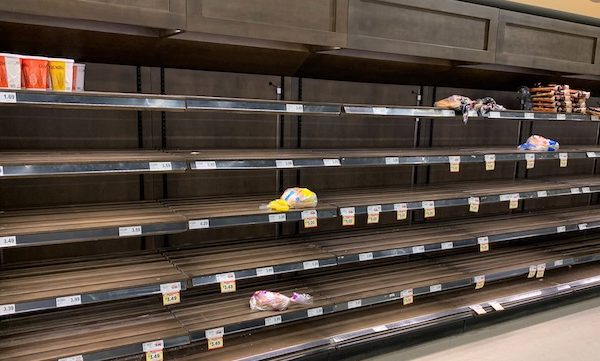
In the midst of a pandemic, can these Advent texts speak to our grief, both collective and personal, in political ways? These scriptures reveal that to grieve is to bear witness to our tears through righteous anger. They interrogate how our lives are structured along inequitable lines in this present moment and counter a simple return to how things were.

